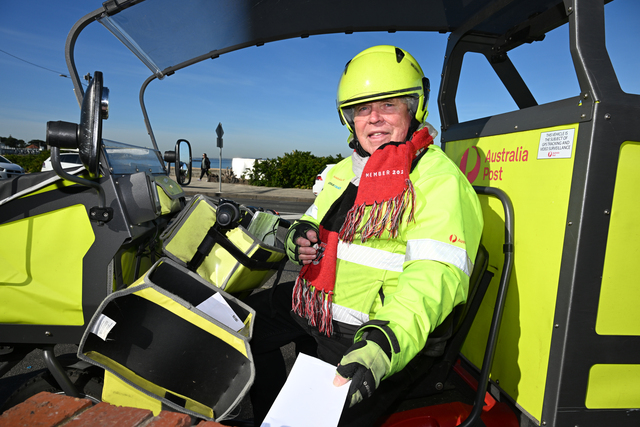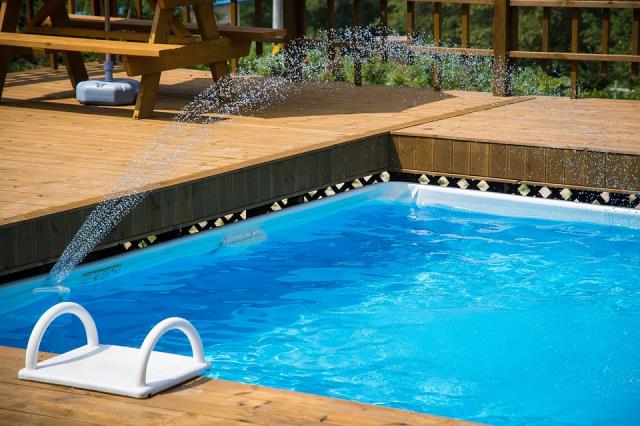Parents of Maribyrnong and Hobsons Bay, how do you cope if your teen becomes aggressive or even violent towards you?
It is common to keep this kind of abuse behind closed doors and not confide in anyone. Many parents feel that they have failed to control their child, or that they are responsible for the behaviour in some way. In addition, they may not know where to turn.
However, any kind of aggression can be stressful, and can cause an atmosphere of tension and fear for the entire family, not to mention the possibility of physical harm if their teen becomes violent.
No parent should feel obliged to put up with an unruly teen, and as with any type of domestic abuse, help and support is available. There are a number of techniques and tips that you might find helpful.
DEFUSING HEATED ARGUMENTS
It’s useful to remember that your own behaviour can improve or worsen an aggressive situation, so it’s important to be a good role model for your teen.
With that in mind, it is worth trying to maintain a calm and peaceful presence. You need to be strong without being threatening. Remember that your body language, as well as what you say and how you say it, should also reflect this. Avoid staring them in the eye, and give them personal space. Allow them the opportunity to express their point of view, then respond in a reasoned way.
If an argument becomes very heated, take a deep breath, hold it for a few seconds and then exhale. Repeat five times. This technique is very useful in intense situations. If your teen is becoming aggressive during arguments, suggest this technique to them when they’re calm, so they too have a way of controlling their anger.
If an argument feels out of control, you can also try explaining to them that you are going to walk away, and that you’ll come back again in half an hour. Given the chance to reflect and calm down, you and your teen will both be more reasonable when you resume your discussion.
As with toddlers, if you give in to teenagers because their shouting and screaming intimidates or baffles you, you are in effect encouraging them to repeat the unreasonable behaviour as a way of getting what they want.
If very heated arguments happen frequently, it may be worth suggesting counselling to your teen. They’ll benefit from talking to someone new and unbiased, someone who isn’t in their family and who won’t judge them. Remember they may not know how to handle their anger, and this can leave them frustrated and even frightened. Some guidance from an outsider can be very helpful.
DEALING WITH VIOLENT BEHAVIOUR
Sometimes, teen aggression can turn into violence. If they lash out at you, or someone or something else, put safety first. Let your teenager know that violence is unacceptable and you will walk away from them until they’ve calmed down. If leaving the room or house isn’t helping, call the police — after all, if you feel threatened or scared, then you have the right to protect yourself.
GOOD ADVICE
GIVE THEM SPACE: Once they have calmed down, you may want to talk to them about what has happened and suggest that they let you find them some help.
BE CLEAR: Teenagers need to know that you will stand by the boundaries you set. They need to know that any kind of violence is unacceptable.
TALK TO THEIR SCHOOL: Find out if their aggressive behaviour is happening there as well. Some schools offer counselling.
ARRANGE COUNSELLING: If your teen admits they have a problem and is willing to get help, book an appointment with a counsellor or psychologist as soon as possible.
Sources:
Raising Children Network, Women’s and Children’s Health Network
SEPARATE TEXT BOX:
GET HELP:
• Raising Children Network — Australian resource for parenting newborns to teens
• ReachOut Parents — online service to help parents help teenagers
• 1800RESPECT — 1800 737 732 (24 hour, national sexual assault and domestic family violence counselling service)
• Kids Help Line — 1800 55 1800 (24 hour)
• Police Assistance Line — 131 444 (24 hour)
• Child Youth Health — parenting and child health information







